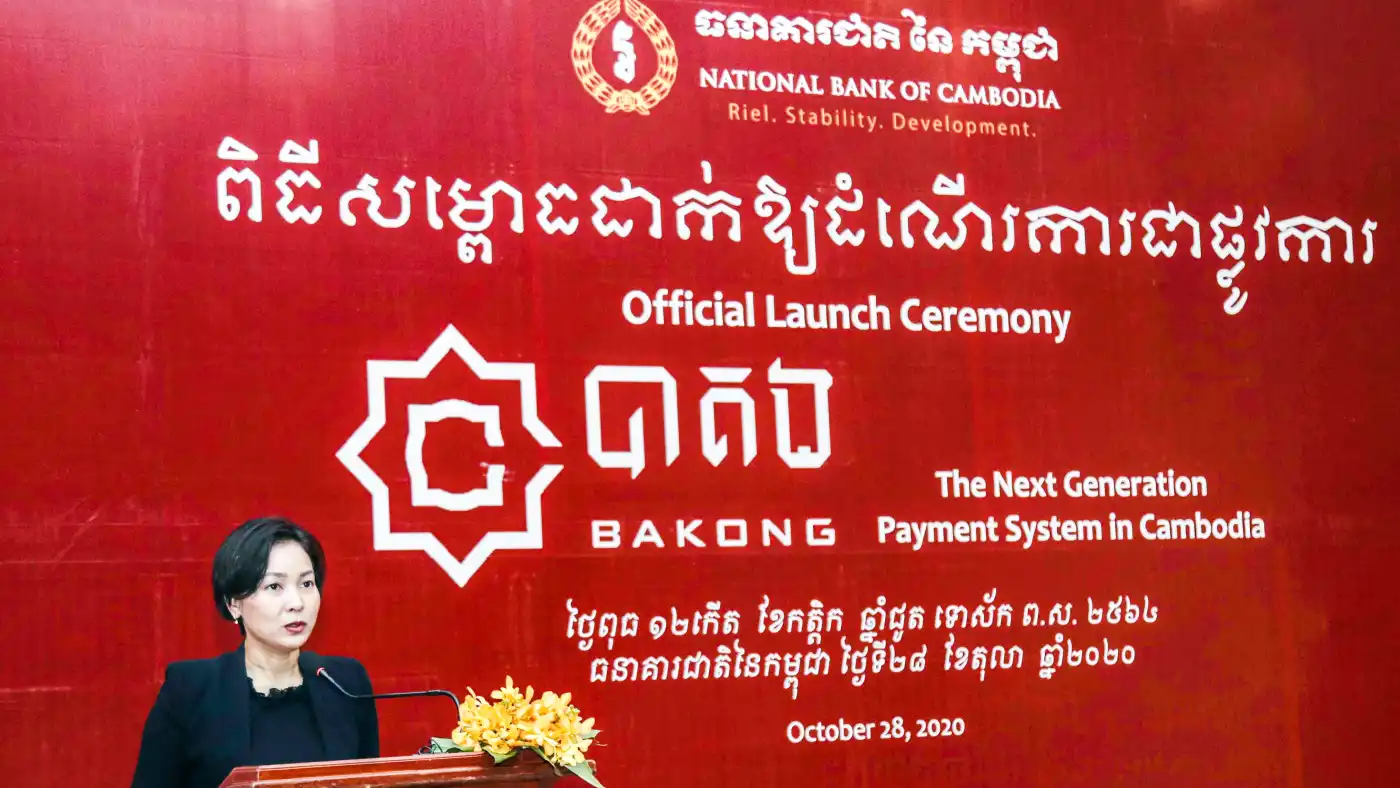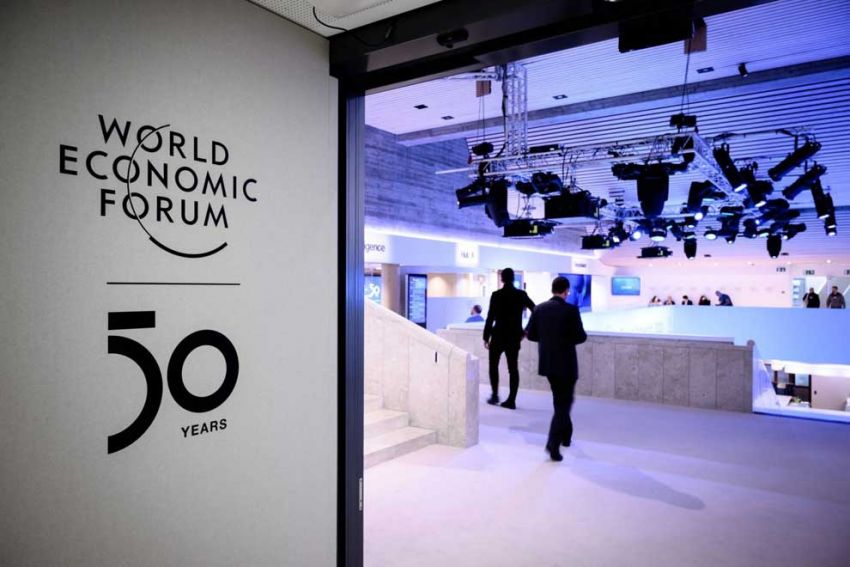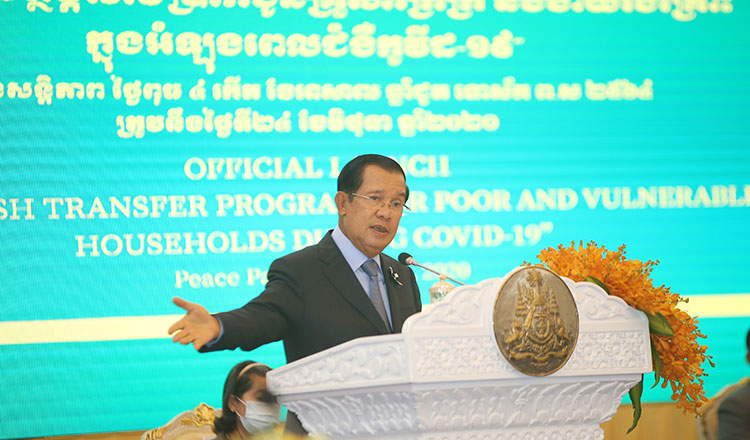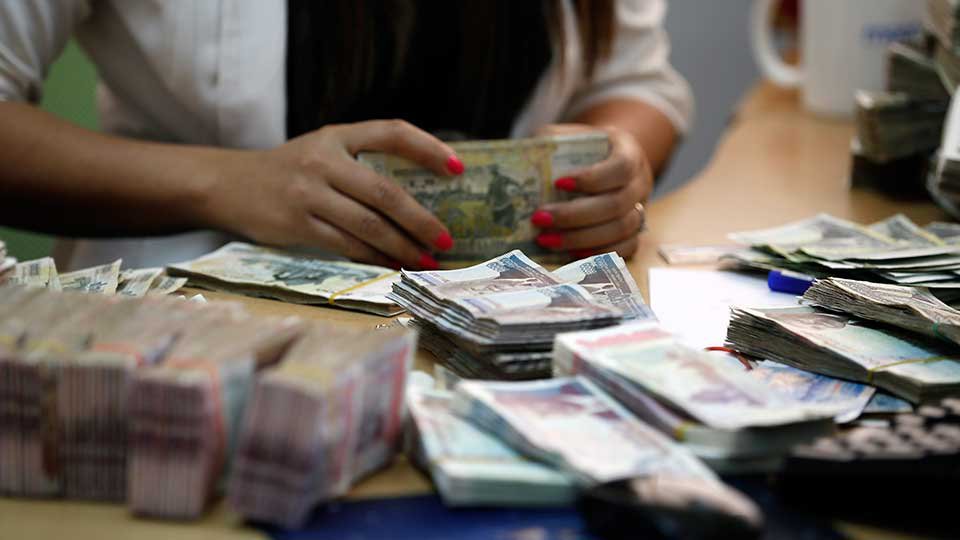Cambodia aims to wean off US dollar dependence with digital currency
Central banks across the world are rushing to develop their own digital currencies in a bid to provide safe and convenient payment systems as digitalization rapidly expands to many segments of the economy.
China has been testing its digital yuan in multiple cities while the European Central Bank announced last month plans to proceed with its digital euro project and launch a two-year investigation that will look into the development and impacts of a central bank digital currency (CBDC).
While over 60 central banks are exploring the possibilities of a CBDC, it is Cambodia that so far leads the race.
The Southeast Asian country launched its “Bakong” digital currency in October 2020, ahead of launch plans from the world’s major economies, and is currently the only live CBDC project aside from the Bahamas’ Sand Dollar.
Bakong was developed by the National Bank of Cambodia, with help from Japanese blockchain technology company Soramitsu, in a bid to increase the presence of its own currency, the riel, and gradually shift away from use of the U.S. dollar.
NBC’s director general, Chea Serey, who leads the project, told Nikkei Asia that “Bakong started sort of as a willingness to connect up the fragmented payment systems in Cambodia.”
As of June, users of Bakong’s electronic wallet had doubled from about three months earlier to reach 200,000. Bakong’s overall system reaches about 5.9 million users — including those reached indirectly through member bank mobile apps — and for the first half of 2021 there were a total of 1.4 million transactions recorded, amounting to a value of about $500 million.
Chea Serey said that the big jump in users “is quite satisfying to see.” She points out that the adoption of digital payments started to increase, especially following the coronavirus outbreak, saying: “The circumstance was ripe for people to switch to using a more digital medium.”
Unlike cryptocurrencies such as bitcoin, CBDCs are digital forms of fiat money backed and issued by central banks.
Bakong allows Cambodian citizens to pay at stores or send money through a mobile app, without the use of cash, and allows for settlements and remittances to be made in riel or U.S. dollars.
One of the main reasons behind project Bakong is to encourage the use of the riel.
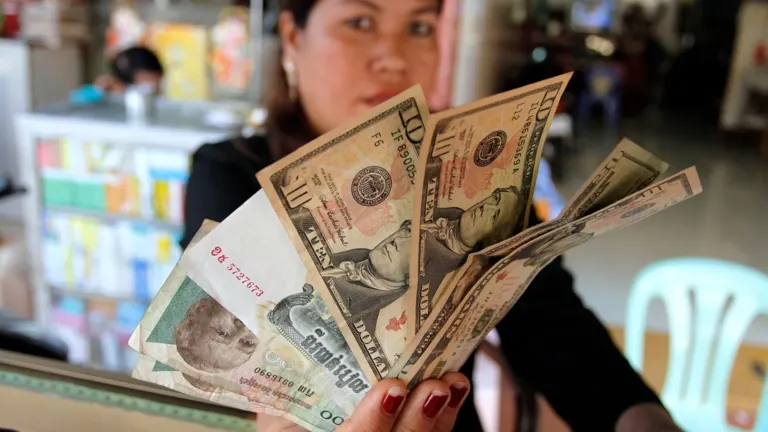
Cambodia runs a dual-currency system, with the U.S. dollar widely circulating in its economy. The country’s dollarization began in the 1980s and 90s, following years of civil war and unrest.
Chea Serey said that the dollar had benefited the country during its reconstruction phase but that it was now time to “wean off that dependence” as Cambodia’s economy grows. Increasing the use of the local currency will also help the central bank maintain an independent monetary policy, including controlling the money supply and its circulation.
Although the use of the riel has increased in terms of digital transactions since Bakong’s launch, Chea Serey explains that the digital currency alone will not be able to switch Cambodia from a U.S. dollar-based economy to one based around its local currency. “There are other policies that need to be in place, like having a stable exchange rate and inflation rate, as well as [economic] growth prospects,” she said.
While she said that “de-dollarization” is a word she tries to avoid, as it could cause uncertainty for some global investors in the country, Chea Serey states that the mission of Bakong is to “increase the usage of the local currency,” with the long-term goal to “solely use our local currency.”
NBC is also exploring cross-border transactions through Bakong. Currently it is working on this with Malaysia’s Maybank as well as Thailand’s central bank.
Chea Serey explains that many Cambodian women migrate to Malaysia for work and therefore “need a safe and efficient way to send money to their families.” She also noted that Bakong would help women to feel empowered as they will “be able to manage [their] own finances without dependence on a third party.”
While countries are taking steps to conduct research and develop CBDCs, the volatile movement around bitcoin has pushed regulators around the world to tighten rules on cryptocurrencies.
China has banned financial institutions and payment companies from providing crypto-related services and has also cracked down on bitcoin mining. The European Union as well as the U.S. are looking into tightening the rules around crypto transfers.
Chea Serey agrees that some level of regulation and consumer protection is necessary, saying that bitcoin’s wild valuation is one reason for this. “There are no fundamentals and if you were to allow investors to go into this… who is going to take responsibility when the price crashes?” Nikkie Asia

